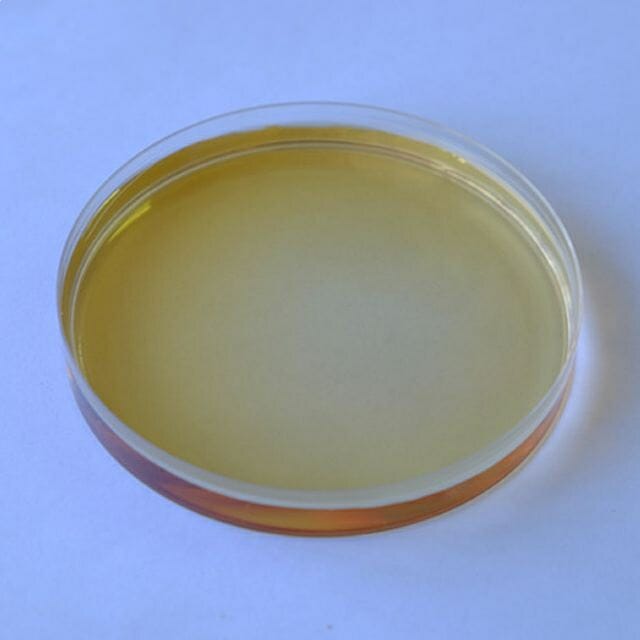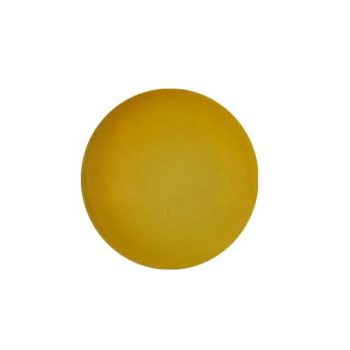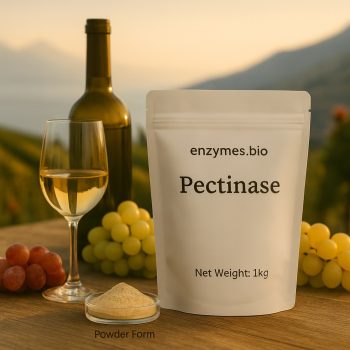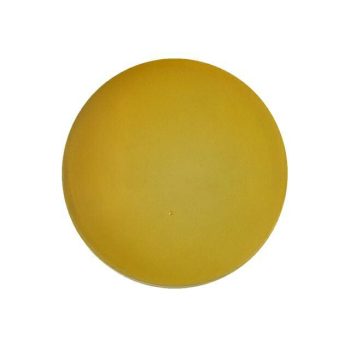Alpha Amylase For Wine Brewing HTAA40L
Introduction
High-temperature alpha-amylase is made from the best strain of Bacillus licheniformis through deep fermentation and extraction technique. High State Amylase, with excellent heat resistance, is widely used in the industries of starch sugar (glucose, maltose, dextrin, fructose, oligosaccharide), alcohol, beer, monosodium glutamate, brewing, organic acid, textile, print, dyeing, papermaking, and other fermentation industries.
Specifications / Physical And Chemical Properties
Appearance: Liquid with low subsidence
Colour: Snuff colour
Odour: Normal microbion fermentation odour
pH: 5.5-8.0, optimum 6.0-6.5
Activity Temperature: 80-110℃, favorable 95-105℃
Enzymatic Activity: ≥40,000 u/mL
Calcium Ion Consistency: Calcium ion can protect enzyme.
Definition Of Unit
1 unit of High-Temperature Alpha-Amylase equals to the amount of enzyme which liquefies 1mg of soluble starch to dextrin at 70℃ and pH 6.0 in 1 min.
Dosage
For alcohol industry: Add this enzyme about 0.3L (20000u/ml) in raw material per ton with pH 6.5-7.0, pumped into cooking boiler or spray liquefaction heater after mixed, keep temperature at 93-97℃ for around 60-100 minutes. The instantaneous temperature can reach to 100±5℃, then saccharification after cool off.
For beer industry: Grinding the material and sieved; add amylase after mixing and adjusting pH. Add this enzyme about 0.3L (20000u/ml) in raw material per ton and liquefy 30 minutes with temperature 95-97℃.
For starch sugar industry: According to technological requirement, blend starch and water to the finite concentration, adjust pH to 6.0-6.5 and add 0.15% – 0.2% calcium chloride (according to the material weight), then add this enzyme about 0.6L (20000u/ml) into raw material per ton. For interval liquefaction, increase tank temperature to 95-97℃ and liquefy for 30-60 minutes; for jet liquefaction, instantaneous temperature can reach to 100±5℃ and keep temperature at 95-97℃ for 60-120 minutes.
Package
1 kg / bag.
Storage
Should be stored in a cool place avoiding high temperature.
Shelf Life
6 months at 25℃, activity remains ≥90%; 12 months, activity remains ≥80%. Increase dosage after shelf life.
Safety
Enzyme preparations belong to protein, which may induce sensitization and cause allergic type reactions in sensitized individuals. Prolonged contact may cause minor irritation for skin, eyes, or mucous membrane of nose, so any direct contact with human body should be avoided. If irritation or allergic response for skin or eyes develops, consult a doctor.



